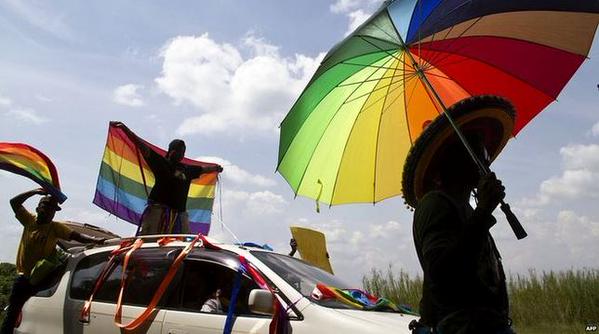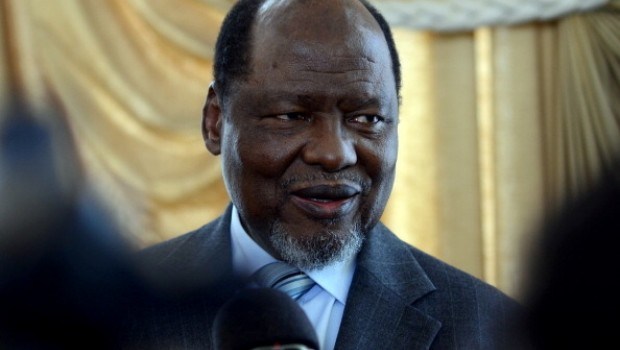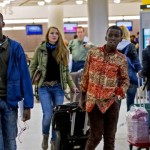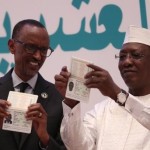
source
Mozambique removed a law that criminalized being gay or lesbian. The law dates back to 1886 but it has not been enforced for a while. Since the country gained independence from Portugal in 1975, there has been no prosecution for gay and lesbians. Though this act is more of a formality than anything else, it can be interpreted as a step for LGBT rights in the country. This is quite a contrast to some African nations that have proposed anti-LGBT laws. So far, a few countries in Africa have begun to embrace the LGBT community. Courts in Botswana and Kenya have both given advocacy groups in their countries the right to formally incorporate.
Changing Attitudes in the Country
A few months ago, former Mozambique president Joaquim Chissano wrote an open letter calling for LGBT equality in the country. “As an African who has been around a long time, I understand the resistance to these ideas,” he wrote. “But I can also step back and see that the larger course of human history, especially of the past century or so, is one of expanding human rights and freedoms. African leaders should be at the helm of this, and not hold back. Not at this critical moment. The international agenda that we will help forge is not just for us here and now, but for the next generations and for the world. As I think about these issues, I am reminded of the words of our recently departed leader, who gained so much wisdom over the course of his long walk to freedom. ‘To be free is not merely to cast off one’s chains,’ Nelson Mandela reminded us, ‘but to live in a way that respects and enhances the freedom of others.’ Let us live up to his immortal words.”

{adinserter CNP5}
Some Are Doubting This Measure’s Effectiveness
Carina Capitine, who belongs to a Mozambican LGBT rights organization called Lambda, said that decriminalizing the old law will not make a big difference for the LGBT people living in the nation. “We do welcome it but we don’t actually see it as something that will bring a change for how LGBT people live in Mozambique,” Capitine said. For the past eight years, the group has been fighting for the right to formally register as an organization. “The new penal code is a victory, but it tastes sour,” another Lambda spokesman, Danilo Da Silva, said. “The government must guarantee the rights of every citizen. We are disappointed that it’s not happening.”








